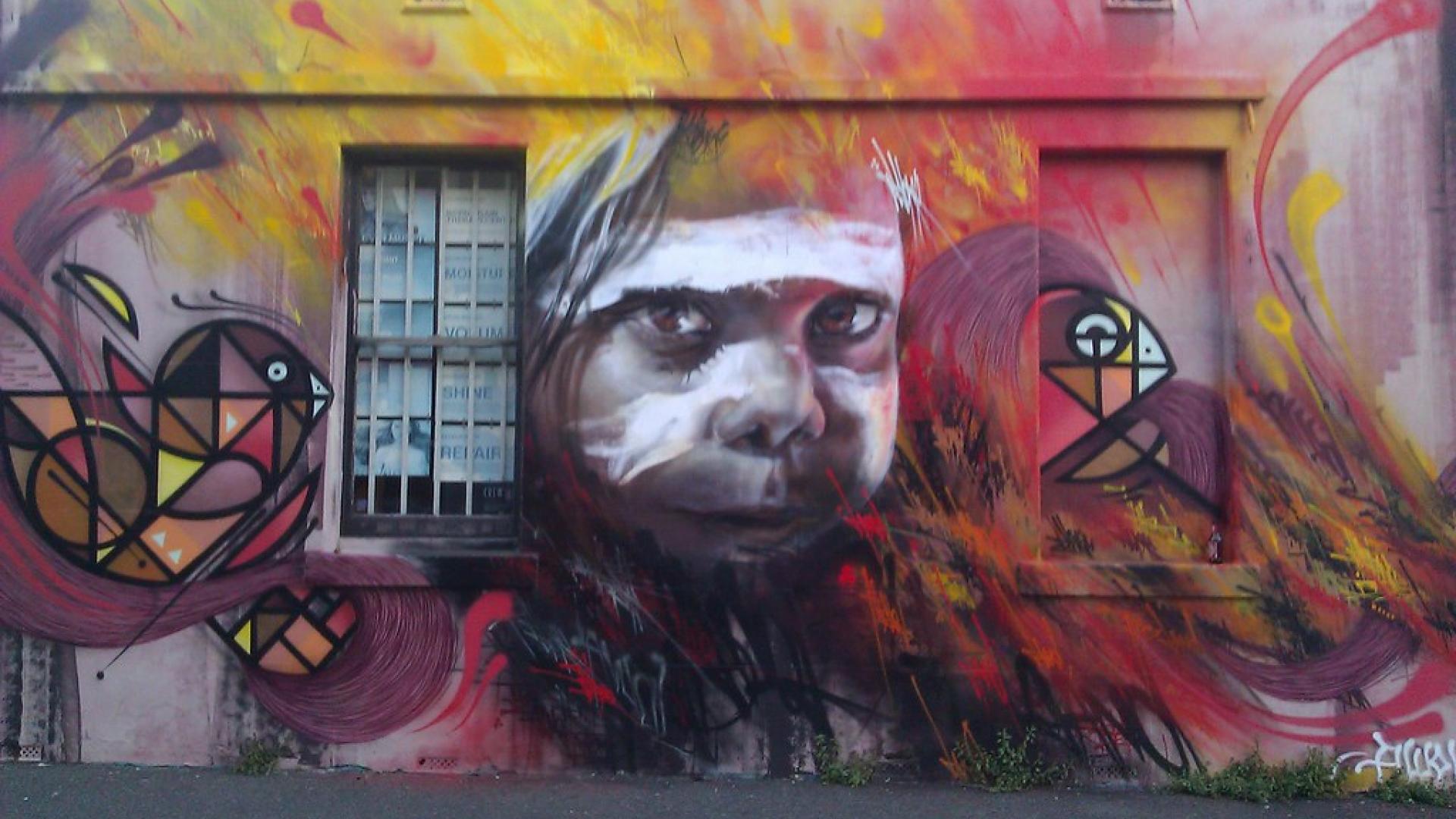
Welcome to our expert series on the post-COVID reset. That is, a reset along a more inclusive path. The series introduces listeners to knowledge producers and decision makers as they debate concrete policy options for such a recovery and take stock of the data that could (and should) inform the policy shifts.
This is a two-part podcast on the Australia's Coronavirus Supplement – an unconditional transfer trial meant to help contain the socio-economic damage brought about by COVID-19.
Our expert is Elise Klein, Senior Lecturer of Public Policy at the Crawford School of Public Policy, Australian National University. Amongst her areas of expertise are social security, unconditionality, and women’s economic security. Her recent research focused on the Australian experiment and the impact on its recipients.
The host is John Crowley, UNESCO's Chief of Research, Policy and Foresight.
PART 1: Australia’s Coronavirus Supplement
This first part looks into the design, unconditionality, links to Basic Income and impacts, including gendered, of the Supplement. It also delves into the lessons coming out of the experiment that others could draw on.
PART 1: Australia's Coronavirus Supplement
PART 2: Data for/in Policy
This part focuses on data and its use in policy – what are the gaps, how it is used, what researchers should be digging deeper into, and what policy makers should be paying higher attention to.
PART 2: Data for/in Policy
Listen for more
Basic Income – deciphering the promises and the data
Close social protection gaps to reset equitably after COVID-19
Universal Basic Income and beyond - what are our options for recovery
On the go? Listen and subscribe here:
Also on: Apple Podcasts | Google Podcasts | Spotify | Amazon Music | YouTube | Deezer | Anchor
....
The facts, ideas and opinions expressed in this piece are those of the authors; they are not necessarily those of UNESCO or any of its partners and stakeholders and do not commit nor imply any responsibility thereof. The designations employed and the presentation of material throughout this piece do not imply the expression of any opinion whatsoever on the part of UNESCO concerning the legal status of any country, territory, city or area or of its authorities, or concerning the delimitation of its frontiers or boundaries.
